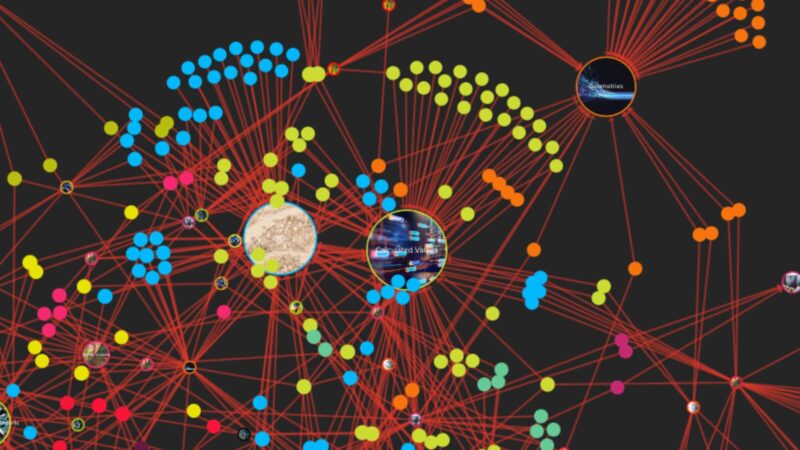Data integration can feel like trying to solve a never-ending puzzle. Between different formats, platforms and workflows, keeping everything connected is a constant challenge. But what if you had tools that made it easier – not just for today, but as your needs grow?
Enter FME and MongoDB—two solutions that when paired, can simplify even the trickiest workflows. Whether you’re working on a straightforward database connection or juggling integrations across multiple systems.
Connecting FME to MongoDB Directly
At its core, FME is all about breaking down barriers between data formats and systems, in other words, it’s built to simplify data integration. MongoDB, on the other hand, is a NoSQL database designed to handle unstructured and semi-structured data—think JSON documents—with scalability and flexibility. Unlike traditional relational databases, MongoDB allows you to store and query data in a way that mirrors real-world objects, making it ideal for dynamic and rapidly evolving datasets.
Using FME’s MongoDB Connector, you can directly connect to MongoDB with minimal setup. The connector allows you to:
- Read from MongoDB: Access collections and pull data into FME workflows for processing
- Write to MongoDB: Push transformed data into MongoDB collections from virtually any data source FME supports
Here’s what makes this setup special…it eliminates the need for intermediate tools or custom scripts. Everything happens within FME’s intuitive environment, so you can focus on your data, not debugging code.
A Real-World Scenario
Imagine an organisation uses IoT devices to monitor air quality in urban areas. These devices generate CSV logs daily – heaps of them. Instead of manually wrestling with the data, FME gets involved to:
- Ingest the data
- Transform it into JSON (tailored with some MongoDB-specific fields)
- Write it directly into a MongoDB collection for analysis
The process is quick, efficient, and requires no manual or custom coding.
But what if your data needs to go beyond a single platform? This is where a more federated, scalable architecture comes into play.
Efficient Multi-Target Integration with S3 and MongoDB
In scenarios where data needs to be integrated with multiple platforms—like relational databases, analytics systems, or NoSQL stores—writing JSON files to AWS S3 can act as a bridge for efficient processing.
Why Use AWS S3?
Let’s think of AWS S3 as a central data lake. It’s scalable, durable, and plays well with just about every system out there. By writing data in JSON format to S3, you create a reusable and federated data source that can be accessed by MongoDB and other systems.
How It Works
- Data Transformation in FME
- Convert your data source into JSON format
- Configure FME’s S3Writer to store the transformed JSON files in an S3 bucket
- Federation with MongoDB
- Use MongoDB Atlas’s federated query features to read the data directly from S3 into MongoDB
- Optionally, index the S3-stored JSON data in MongoDB without duplicating the data, reducing storage costs and improving query efficiency

If you need reliable integration pipelines, Safe Software’s FME and MongoDB have you covered whereas this guy to my left (as in AI) may let you down!
Choosing the Right Approach
So which method is right for you? Here’s a quick comparison:
| Feature | Direct Connection | S3-Federated Approach |
| Ease of Setup | Quick and simple | Requires S3 configuration |
| Scalability | Best for MongoDB workflows | Scales across systems |
| Ideal Use Case | Single-target integration | Multi-platform workflows |
| Data Reusability | MongoDB-specific | Accessible to all systems |
Ready to get started?
Whether you’re managing IoT data, multi-system integrations, or running analytics, FME and MongoDB ensures your data workflows are efficient, adaptable, and future-ready. Direct connectivity offers simplicity for single-target workflows, while an S3-based federated approach provides unmatched flexibility and scalability for multi-target integrations.
Interested in how FME and MongoDB could help your organisation? Contact Locus to learn more.
More Resources
Contact Jan RoggischLearn more about FME
Register for FME Accelerator: free 90 min intro to FME



